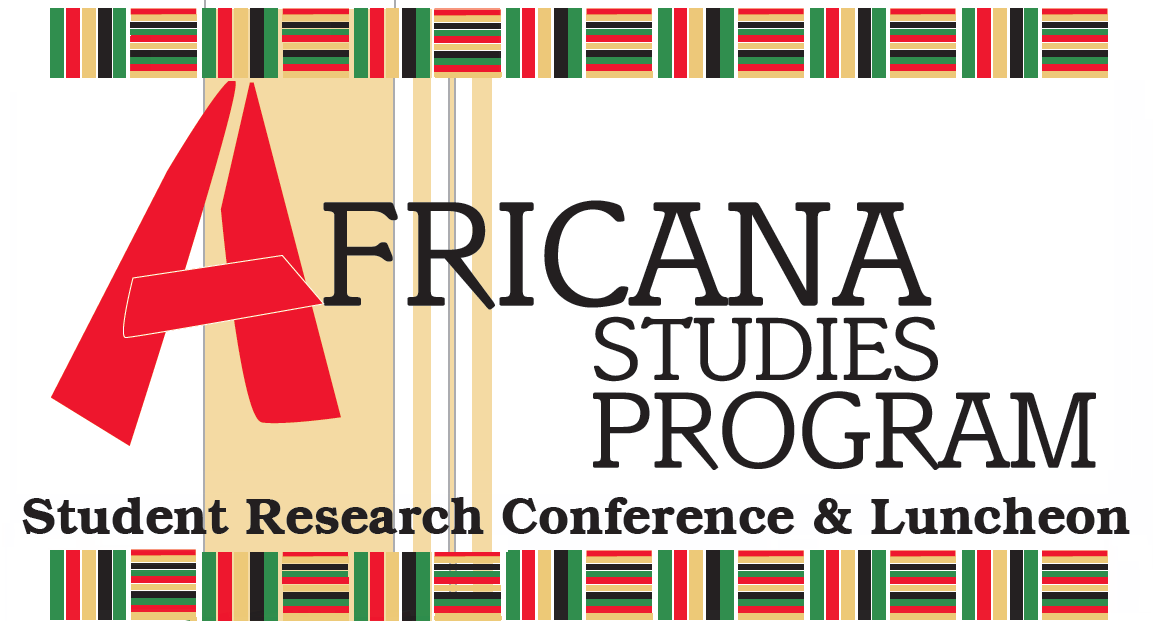Degree Program
Graduate
Major
Curriculum and Teaching
Abstract
Abstract
In this essay, I explore the Bahamas’ connection to tourism, tracing and defining how it became the central aspect of the country’s economy, and how whiteness was re-deployed in this new era of tourism. I examine the impact of these phenomena on the identity constructions of the local culture, and articulate women’s placement in the effort to re-invent the Bahamas as the ultimate tourist destination. While the essay specifically documents the nature of tourism in the Bahamas, it focuses primarily on the women within tourism’s many fronts of cultural change and marginalization. I use the term ‘white tourist culture’ in this essay to describe how Bahamian national identity is constructed through our dependency on a tourist economy that has built its financial system on a myth of paradise, where white tourists are catered to, and black Bahamian serve, entertain and cultivate the exotic.
Through examination of my own life experiences, working in the Straw market on Grand Bahama islands for the past five years, and the life experiences of women working both in and outside of the tourist industry, this work helps to reposition whiteness as a form oppression for racialized Bahamian women. This essay uses the voices and experiences of women working in the Bahamas Cultural Markets (Straw market, as it is known by local people in the Bahamas), to preserve the cultural history of women working in these varying spaces of tourism. It discusses the lived experiences of women, who on a daily basis are compelled to ’perform’ their constructed indigenous identities created through the marketing of the Bahamas to the rest of the world as the “ultimate tourist destination.”
The social and economic contradictions I explore in this work constitute the present experiences of the women in the Straw Market, on Grand Bahama, and all Bahamians working in the tourist trade. But the experience is not easily understood, nor easily defined. History provides a concrete means of understanding that the contradiction exists as a social process of “Othering” that has its roots in slavery and colonialism, and is expressed in the tourist trade today.
Start Date
13-2-2015 9:30 AM
End Date
13-2-2015 10:35 AM
Included in
Caribbean Commodity: The Marketing and Consumption of Black Bahamian Female Identity
Abstract
In this essay, I explore the Bahamas’ connection to tourism, tracing and defining how it became the central aspect of the country’s economy, and how whiteness was re-deployed in this new era of tourism. I examine the impact of these phenomena on the identity constructions of the local culture, and articulate women’s placement in the effort to re-invent the Bahamas as the ultimate tourist destination. While the essay specifically documents the nature of tourism in the Bahamas, it focuses primarily on the women within tourism’s many fronts of cultural change and marginalization. I use the term ‘white tourist culture’ in this essay to describe how Bahamian national identity is constructed through our dependency on a tourist economy that has built its financial system on a myth of paradise, where white tourists are catered to, and black Bahamian serve, entertain and cultivate the exotic.
Through examination of my own life experiences, working in the Straw market on Grand Bahama islands for the past five years, and the life experiences of women working both in and outside of the tourist industry, this work helps to reposition whiteness as a form oppression for racialized Bahamian women. This essay uses the voices and experiences of women working in the Bahamas Cultural Markets (Straw market, as it is known by local people in the Bahamas), to preserve the cultural history of women working in these varying spaces of tourism. It discusses the lived experiences of women, who on a daily basis are compelled to ’perform’ their constructed indigenous identities created through the marketing of the Bahamas to the rest of the world as the “ultimate tourist destination.”
The social and economic contradictions I explore in this work constitute the present experiences of the women in the Straw Market, on Grand Bahama, and all Bahamians working in the tourist trade. But the experience is not easily understood, nor easily defined. History provides a concrete means of understanding that the contradiction exists as a social process of “Othering” that has its roots in slavery and colonialism, and is expressed in the tourist trade today.


